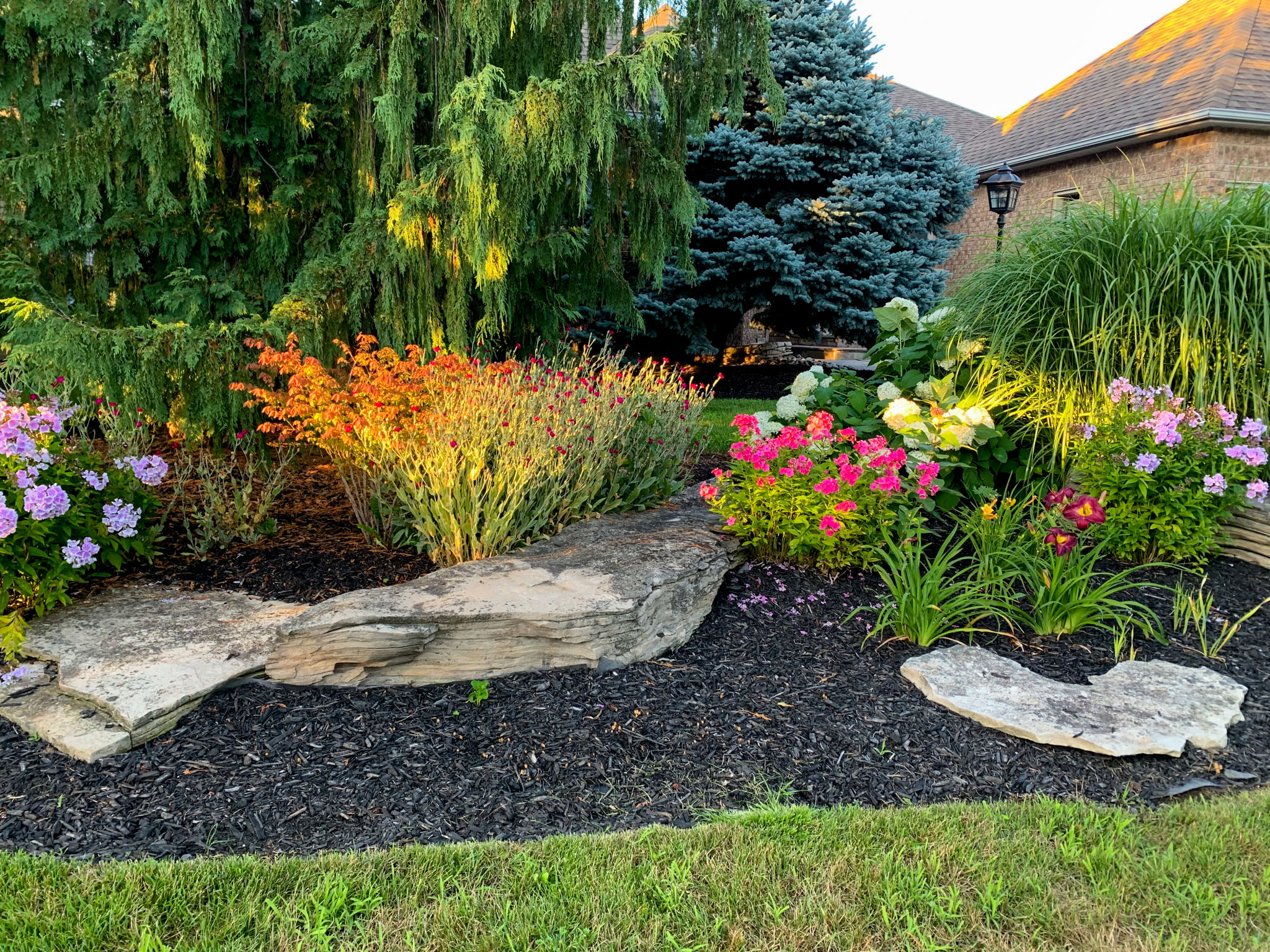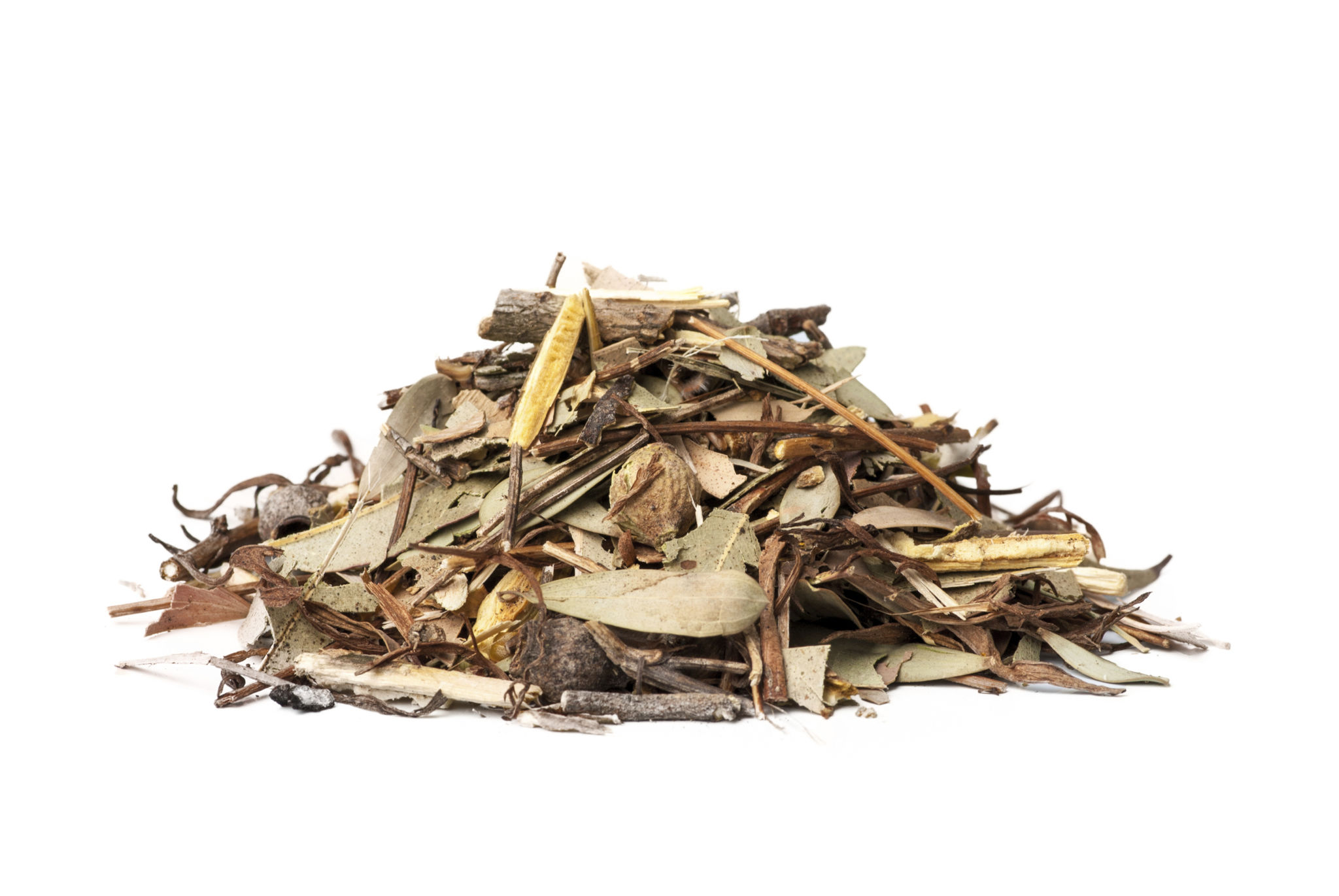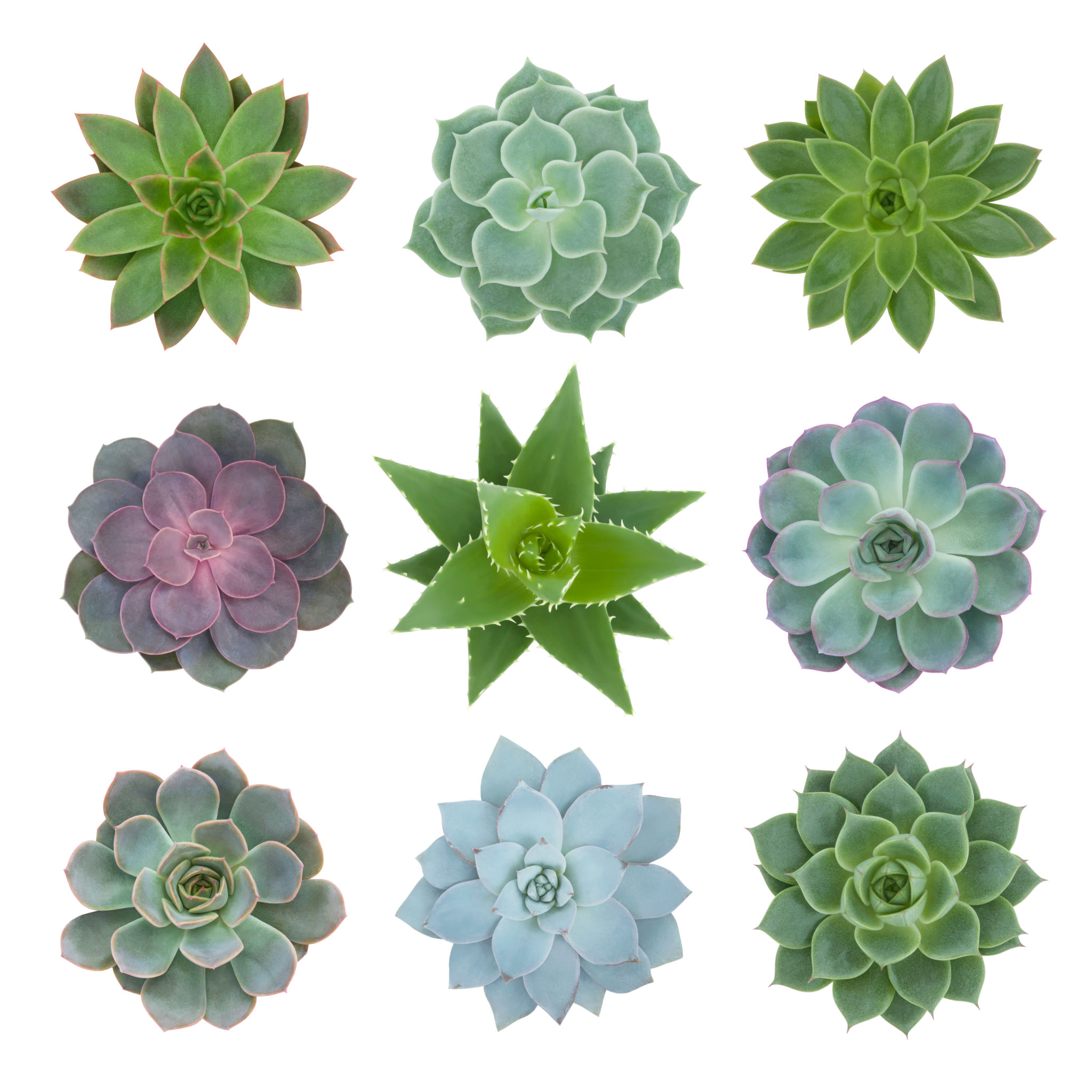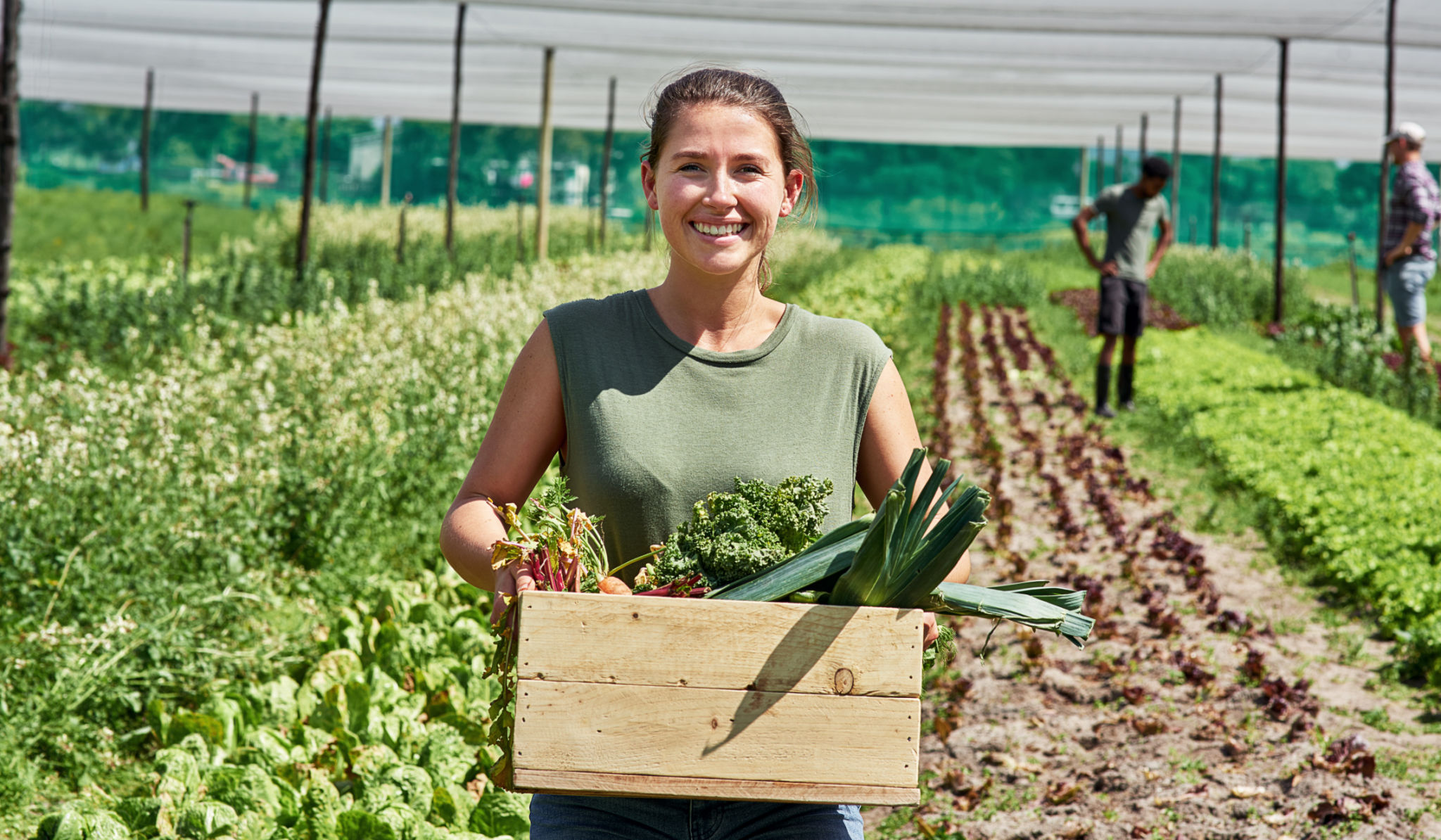How to Start a Sustainable Home Garden in Tucson
Understanding Tucson's Climate
Starting a sustainable home garden in Tucson offers unique challenges and opportunities due to its desert climate. With hot summers and mild winters, Tucson's climate allows for a diverse range of plants if you plan strategically. Understanding the seasons is crucial; the growing season is quite different from more temperate climates, with the most productive months being from October to April.
In Tucson, it's essential to select plants that are drought-resistant and can handle intense sunlight. Native plants, such as cacti and succulents, are excellent choices for a sustainable garden because they require less water and thrive in the local environment. Consider integrating these plants with other drought-tolerant species for a beautiful and eco-friendly garden.

Planning Your Garden Space
Before you start planting, it's important to plan your garden space. Determine how much sunlight different areas of your yard receive throughout the day. Most vegetables and flowers need at least six hours of sunlight, so choose your planting locations accordingly. Additionally, think about the layout, ensuring pathways and access points are convenient for maintenance.
Raised beds are a popular choice for Tucson gardeners as they allow for better control over soil quality. They also help with drainage, which is crucial in an area that experiences both intense rain and arid conditions. Ensure you use materials that can withstand the heat, like untreated wood or stone.

Soil Preparation and Composting
The soil in Tucson is typically sandy and low in organic matter, which means enriching it is vital for a thriving garden. Start by mixing in organic compost to improve soil fertility and moisture retention. Composting at home is an eco-friendly way to provide your garden with a steady supply of nutrients.
To create your compost, gather kitchen scraps like fruit peels and vegetable trimmings, along with yard waste such as grass clippings and leaves. Over time, these materials break down into rich humus that can be mixed into your garden beds. Regularly turning the compost pile will speed up this process.

Watering Efficiently
Water conservation is key when gardening in Tucson’s arid climate. Implementing a drip irrigation system can significantly reduce water usage by delivering moisture directly to the plant roots. This method minimizes evaporation compared to traditional overhead watering.
Water your garden early in the morning or late in the evening to further decrease evaporation. Mulching is another effective strategy; it helps retain soil moisture and keeps roots cool during the hottest parts of the day. Use organic mulches like straw or bark which will also add nutrients to the soil as they decompose.
Choosing the Right Plants
Selecting plants suited to Tucson’s climate is essential for a sustainable garden. Start with native species such as desert marigold or penstemon, which are adapted to local conditions and attract beneficial wildlife like pollinators. For vegetables, consider planting heat-tolerant varieties like okra, peppers, and eggplants.
Herbs such as rosemary, thyme, and sage are also well-suited to arid environments and can add both flavor and beauty to your garden. By choosing plants wisely, you'll have a vibrant garden that requires minimal water and maintenance.

Maintaining Your Garden
Regular maintenance is crucial for the success of your sustainable home garden. Keep an eye out for pests that might harm your plants; using natural deterrents like neem oil or introducing beneficial insects can help manage any infestations.
Pruning your plants encourages healthy growth and helps prevent disease. Remove any dead or damaged foliage promptly. Regularly check your irrigation system to ensure it’s functioning properly, especially during peak summer months when water needs are highest.
Harvesting and Enjoying Your Produce
One of the most rewarding aspects of gardening is harvesting your own produce. Pay attention to harvesting guidelines for each plant type; picking vegetables at their peak ensures the best flavor and nutritional value.
Share your bounty with neighbors or preserve your harvest through canning or drying methods to reduce waste. Enjoying fresh produce from your garden not only supports a sustainable lifestyle but also connects you with the natural cycles of growth and renewal.
